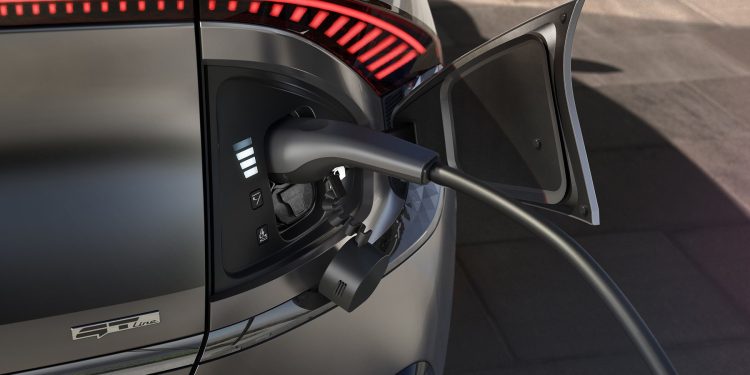MTA says some fees and rebates are being miscalculated
The Motor Trade Association (MTA) believes some fees and rebates have been miscalculated.
MTA sector manager for dealers Tony Everett tells RNZ they identified several issues as soon as the discount launched on April 1.
“Immediately there were some obvious errors,” he said.
“Things like cars that should have been attracting rebates might have been attracting fees, and vice versa.”
Everett says the issue is primarily with used imports. He says they have found no similar problems with new cars.
Used BMW plug-in hybrids were one model Everett identified as having a wrongly calculated discount.
Instead of getting a rebate, the cars were attracting the maximum fee.
“On the first day there were cars that clearly should have been getting rebates, but instead they were attracting the maximum fee.”
Waka Kotahi denies there are big errors like these with the scheme.
But Everett says the wrong calculations are because it is a complicated system.
“It’s a complex programme. It relies on original fuel consumption data, which is converted to CO2, and it’s CO2 that determines if a car gets a rebate or a fee.
“The difficulty is that the data was never really collected historically for a fee or a rebate. It was collected for fuel use information, which is only an information element. There is no money attached to the data.
“So, it never really got closely scrutineered in that sense.”
Everett says dealers can investigate and revaluate cars they think have wrongly discounted fees or rebates.
However, he says that takes time and means the car will have to come off the market.
Recent data shows that 12,000 rebates have already been approved since the discount came into effect.
Electric and hybrid vehicles now reportedly make up one per cent of New Zealand’s light car fleet.





